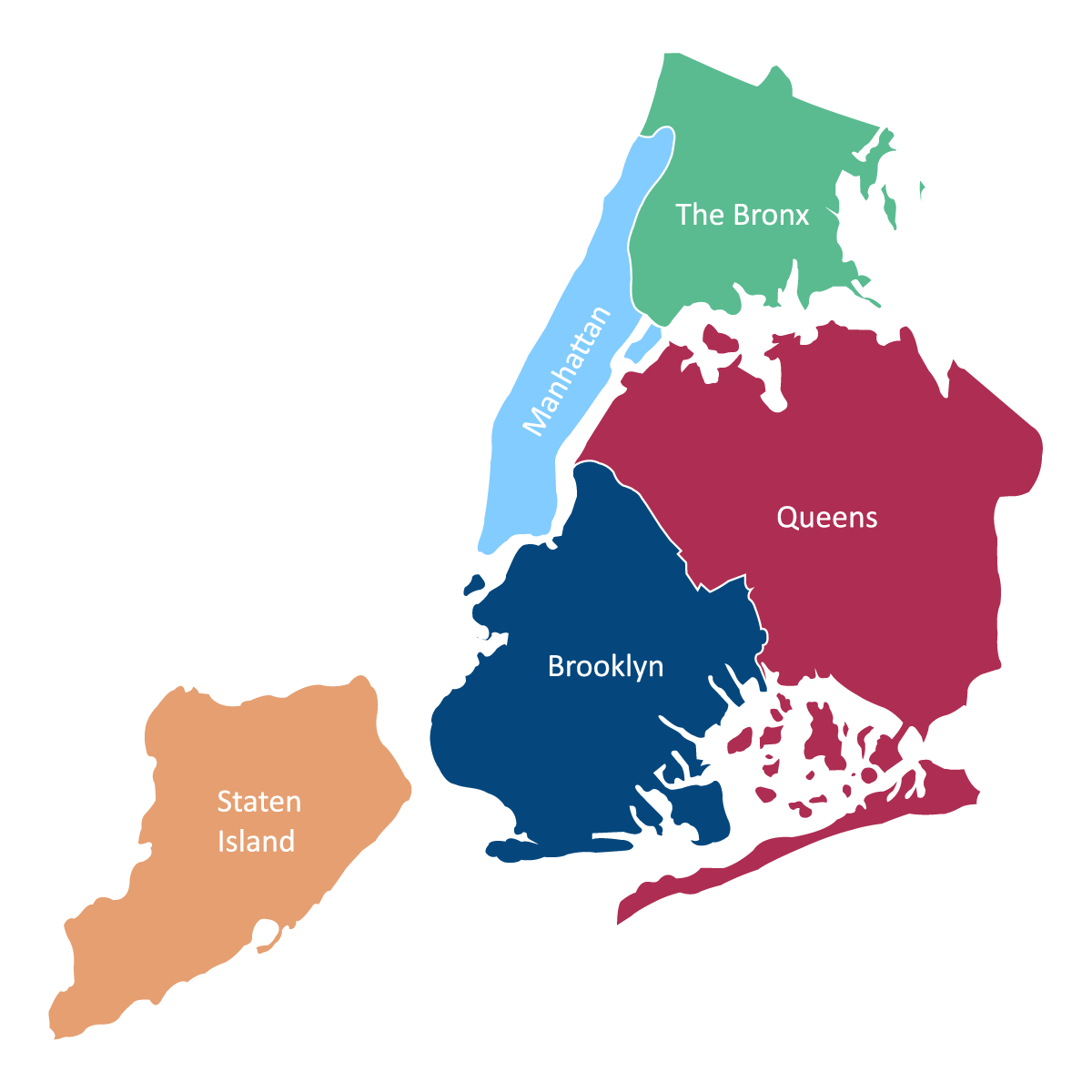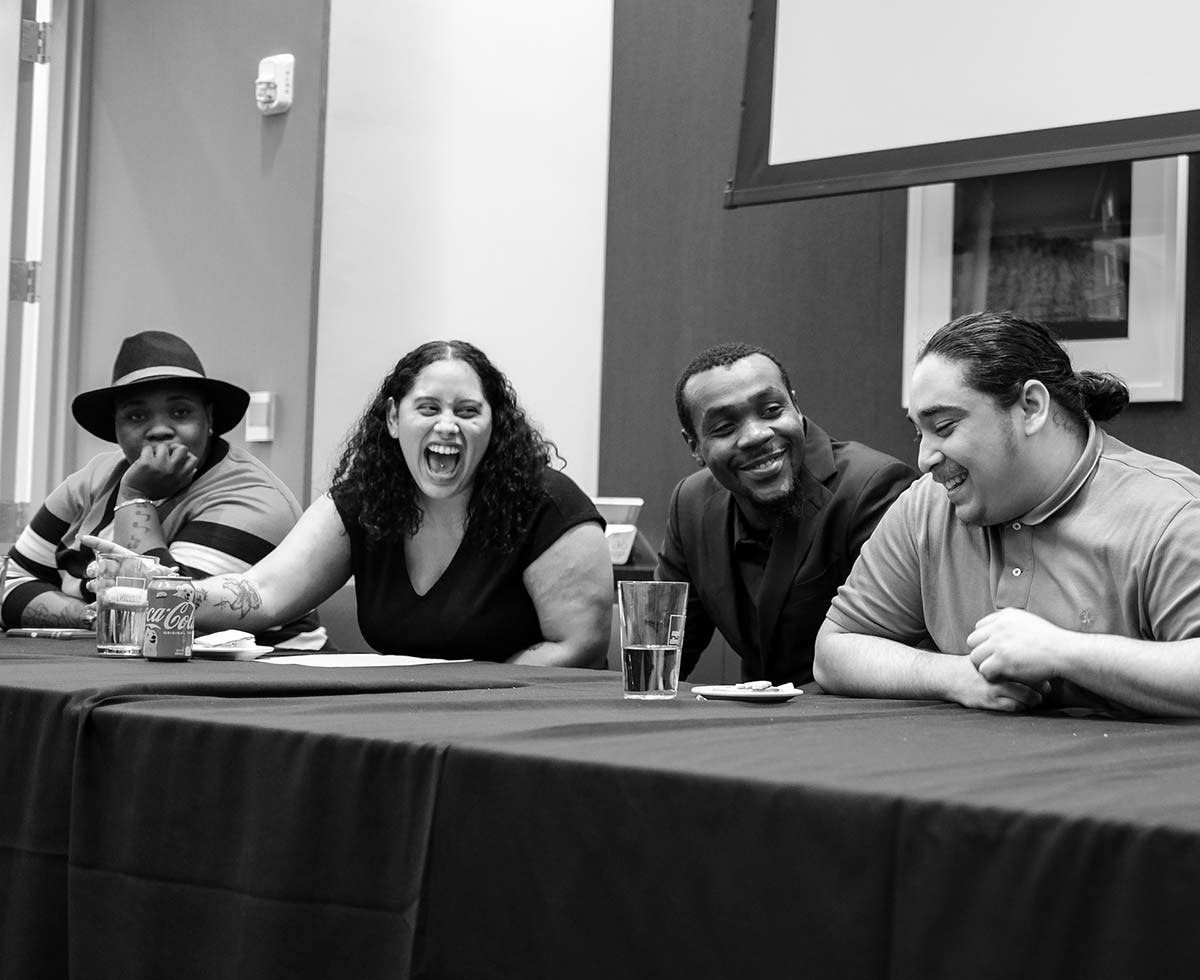Ages of Children & Youth We Serve
The youngest children tend to have the shortest stays in foster care, while older youth transitioning from foster care often require the most intensive and long-term support. While in New York youth generally age out of foster care at 21, our volunteers may continue to mentor and advocate for them up to age 25 and sometimes become permanent parts of their support system after their cases have closed.
0%
0-5 years old0%
6-11 years old0%
12-18 years old0%
19-25 years old
Race and Ethnicity of the Children & Youth We Serve
Black and brown children are represented at staggeringly disproportionate rates in the American child welfare system. In NYC, for example, nearly 50% of children in foster care are Black even though only about 26% of the city’s children are Black. The reasons for this disproportionality are complex but are rooted in structural racism, which contributes to individual trauma, family instability, and bias in reporting and case-level decision making.
0%
Black / African American0%
Hispanic / Latinx0%
White0%
Asian or Pacific Islander0%
Other/Unknown
Cases Appointed by NYC Borough
CASA-NYC works across New York City in partnership with each of the family courts and has dedicated staff and volunteers for each borough. In 2022, we launched our Staten Island expansion to be able to serve more children, youth, and families in this typically underserved community.
The Bronx: 34%
Manhattan: 14%
Brooklyn: 28%
Queens: 18%
Staten Island: 6%

Youth Transitioning from Foster Care
CASA-NYC volunteer advocates provide intensive support to older youth who are expected to age out of foster care without being reunified with family or adopted. In New York, youth typically age out of foster care at age 21. As the supports from the foster care system fall away, these young people often face challenges in living independently without the support of family or even the caseworkers and attorneys who had been responsible for ensuring their safety. These youth are at very high risk for chronic poverty and related outcomes including homelessness, unemployment, incarceration, poor health and mental health, and early pregnancy. Youth who've been in foster care who have children of their own at an early age are at very high risk of losing their own children to foster care.
CASA-NYC has special initiatives to support older youth transitioning from care and pregnant and parenting youth. Their volunteer advocates participate in additional training and have access to resources to make sure these youth have what they need to live independently, including stable housing and employment.
Youth Advisory Board
CASA-NYC's Youth Advisory Board (YAB) is comprised of young people who are currently or formerly in foster care. The YAB is led by CASA-NYC's Youth Fellow, a staff member with lived experience in foster care and meets monthly to provide input on a wide range of program and policy issues, including the implementation of our 2021-2026 strategic plan. YAB youth facilitate regular trainings for CASA staff and volunteers and host educational presentations for external stakeholders, the general public, and systems advocacy efforts.

Meet the Children & Youth We Serve

Meet Sia
Sia is 3 years old and loves the color green and Sesame Street. Sia and her sister, Kyanna, have been in foster care for 3 years. Sia has autism and has special services set up in school and at home to ensure she has everything she needs to thrive. Sia’s volunteer advocate is working with Sia’s grandmother to make sure Sia’s services are continued without any hiccups as she transitions into preschool and her grandmother prepares to adopt the girls.

